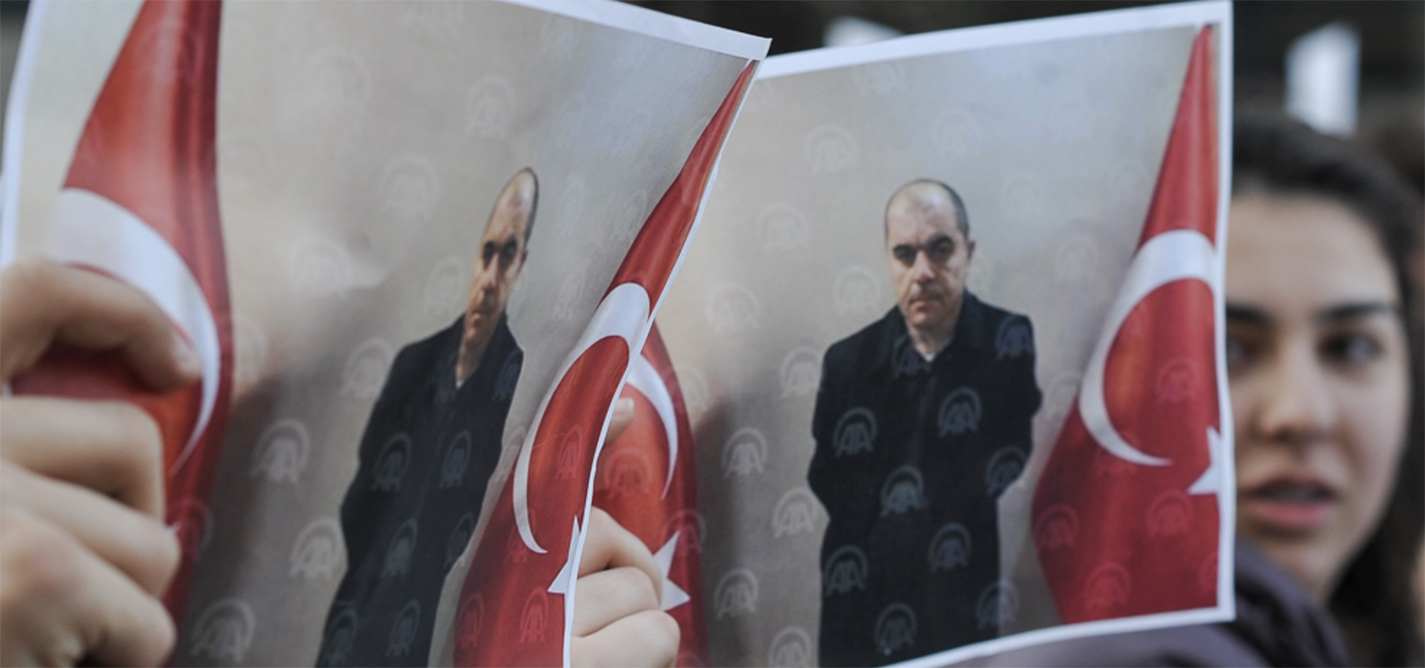
Two years, no justice for deported Turkish teachers
Pandemic risk in Turkey’s prisons adds to families’ worries.
|08.04.2020
|
The unsanitary and overcrowded conditions in Turkey’s prisons make them a potential hotbed for infection.
The report found legal violations at almost all steps of the process, and 31 in total.

Ardit Kika
Ardit Kika has completed his BA in Political Science at the University of Prishtina. He has worked as a journalist in Kallxo.com and Prishtina Insight. Currently, he is working as a freelance journalist mainly covering politics, culture and human rights issues. Ardit is a K2.0 Human Rights Journalism Fellowship program fellow (2018 cycle).
This story was originally written in English.